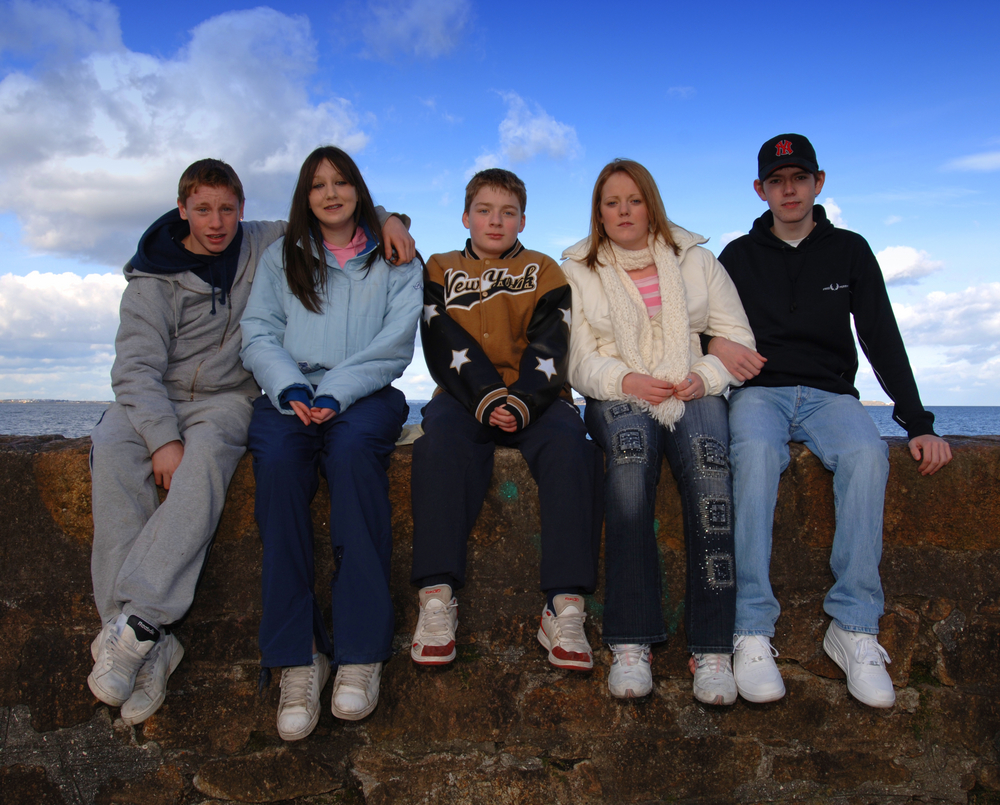Positive peer relationships play an integral role in teen mental health. Adolescence is a time of significant emotional and social development, and peers often have a profound influence on how teens perceive themselves and the world around them. Some of the ways in which positive peer relationships can impact teen mental health include:
- Support and Validation: Positive peer relationships provide teens with a sense of support and validation that is crucial for their mental well-being. Adolescence is a time of identity formation, and having friends who accept and appreciate them can boost their self-esteem. This support can also act as a buffer against negative experiences, such as bullying or family conflict, reducing the risk of developing mental health issues like depression or anxiety.
- Emotional Regulation: Teens often learn how to manage their emotions through their interactions with peers. Positive peer relationships can provide a safe space for teens to express their feelings and receive feedback. For example, friends can offer comfort during times of distress or provide perspective on challenging situations. These interactions can help teens develop healthy coping mechanisms and emotional regulation skills that are essential for mental health.
- Social Skills Development: Interacting with peers is a fundamental aspect of social development during adolescence. Positive peer relationships allow teens to practice important social skills such as communication, empathy, and cooperation. For instance, resolving conflicts with friends helps teens learn negotiation and compromise, skills that are valuable in all types of relationships. These social skills not only enhance their current relationships but also lay the foundation for healthy relationships in adulthood.
- Reduced Risk of Mental Health Issues: Research has shown that positive peer relationships are associated with a reduced risk of mental health issues in teens. Having friends who provide social support and encouragement can mitigate the effects of stress and adversity. Positive peer relationships can also foster a sense of belonging and purpose, which are protective factors against mental health problems.
- Increased Resilience: Resilience refers to the ability to adapt and bounce back from adversity. Positive peer relationships can enhance a teen’s resilience by providing them with a support network during challenging times. Friends can offer advice, encouragement, and perspective, helping teens navigate difficult situations. Additionally, knowing that they have friends who care about them can boost their self-confidence and belief in their ability to overcome obstacles.
Positive peer relationships play a fundamental role in teen mental health by providing support, promoting emotional regulation, fostering social skills development, reducing the risk of mental health issues, and increasing resilience. Parents, educators, and mental health professionals can support teens in developing healthy peer relationships by encouraging positive social interactions, teaching effective communication skills, and fostering a sense of empathy and understanding towards others.
For Information and Support
Every family in need of mental health treatment must select a program that will best suit the needs of their family. When one member of a family struggles, it impacts everyone in the family unit. To maximize the benefits of treatment we work closely with the entire family to ensure that everyone is receiving the support they need through these difficult times.
Seeking help is never easy, but you are not alone! If you or someone you know needs mental health treatment, we strongly encourage you to reach out for help as quickly as possible. It is not uncommon for many mental health difficulties to impact a person’s life, long term. Pursuing support at the beginning of one’s journey can put the individual in the best position to learn how to manage themselves in a healthy way so they can go on to live happy and fulfilling lives.
OUR KNOWLEDGEABLE ADMISSIONS TEAM CAN BE REACHED 24/7 AT INFO@PACIFICRTC.COM OR CALL: (866) 602-5512
We are available to answer any questions you may have regarding mental health treatment and our residential program, anytime. Contact us today using the form to the right.






